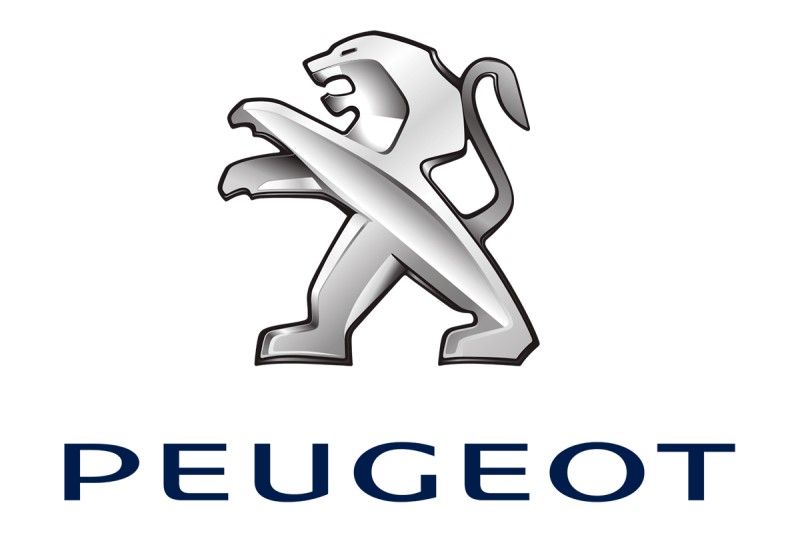
Ways to Improve Your Peugeot Engine Performance
Introduction: Why Performance MattersGetting the best out of your Peugeot isn’t just about speed — it’s about efficiency, engine longevity and overall driving enjoyment. Performance can decline over time due to improper maintenance, poor fuel quality, dirty filters and incorrect tire pressures. This guide explores the key steps to restore and improve your Peugeot’s real-world engine performance. 1. Regular Maintenance and Oil QualityRoutine oil changes and using the correct viscosity grade are essential for smooth performance. Peugeot’s PureTech and BlueHDi engines should always be serviced with high-quality full synthetic oils that meet the manufacturer’s specifications. Don’t skip oil, air and pollen filter changes — a clogged air filter can reduce power and increase fuel consumption. 2. Fuel Quality and AdditivesLow-octane fuel causes knocking, forcing the ECU to retard ignition timing, which lowers performance. Stick to reliable fuel stations with consistent quality. Occasional use of fuel system cleaners helps remove carbon build-up in injectors, but overuse isn’t recommended — once a year is enough. 3. Air Intake and Exhaust System CleanlinessAirflow directly affects combustion efficiency. Dirty air ducts or sensors (especially the MAF sensor) cause the ECU to miscalculate air-fuel ratio, leading to poor torque and idle instability. Clean the MAF sensor annually with approved cleaner, and take your Peugeot for long drives to help burn off exhaust carbon deposits naturally. 4. Tire Pressure and Weight ManagementPerformance depends not only on horsepower but also on rolling resistance. Low tire pressure increases fuel usage and slows acceleration response. Always maintain Peugeot’s recommended PSI values, listed inside the driver’s door. Remove unnecessary items from the boot to reduce weight and improve agility. 5. ECU Updates and Adaptive LearningModern Peugeot ECUs adapt to your driving style. Stop-and-go traffic, low-rpm habits and subpar fuel can make the ECU overly conservative. A factory ECU reset or software update can restore original throttle response. Avoid unverified tuning maps — official firmware updates are the safest choice. 6. Drive Modes: Balancing Eco, Normal and SportDrive Mode Select adjusts throttle and transmission response. Eco mode prioritizes economy, while Sport mode sharpens throttle mapping. For daily driving, Normal mode usually provides the best compromise between comfort and responsiveness. 7. Turbo Care and CoolingPeugeot’s turbocharged engines (like the 1.2 PureTech 130) are powerful yet delicate. After sustained high-speed driving, let the engine idle for 1–2 minutes before shutting off — this prevents oil starvation and turbo wear. Always respect oil change intervals to maintain lubrication integrity. 8. Post-Update AdaptationPeugeot occasionally releases ECU updates that may alter performance behavior. After an update, allow the system to relearn through varied driving — including mixed rpm ranges — to achieve optimal fuel and power balance. Conclusion: Small Steps, Big ResultsImproving Peugeot engine performance doesn’t require expensive modifications. Regular care, clean air intake, proper fuel, and well-calibrated sensors together deliver smoother acceleration, lower fuel use and a longer engine life. A well-maintained Peugeot always feels younger, more responsive and more enjoyable to drive. |